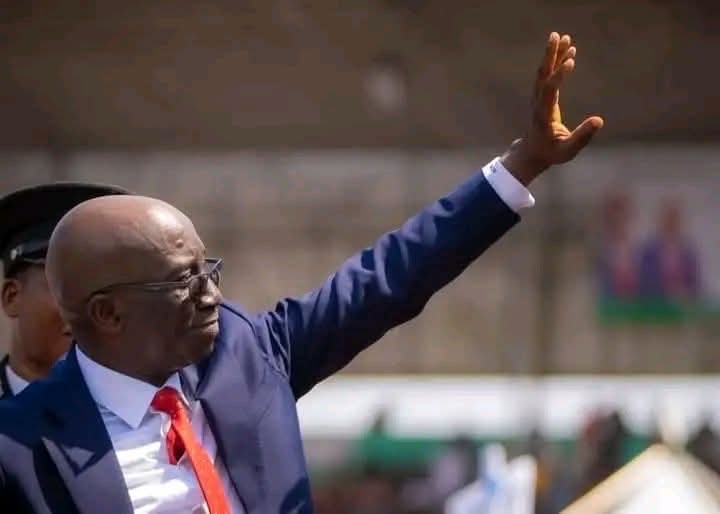Olayemi Cardoso, governor, Central Bank of Nigeria (CBN), and Honourable Abike Dabiri Erewa, chairman and chief executive officer, Nigerians in Diaspora Commission (NIDCOM), have promised to address the challenges of high charges on diaspora remittances.
This was made known in the latest CBN Update for October 2023 where the CBN governor declared at a strategic meeting between the two organisations that “any bottleneck to remittances will be taken out”.
“Cardoso expressed concerns over the disparate status of remittances and stated that investigations would be carried out and necessary actions taken to ensure Nigeria becomes the highest receiver of remittances in Sub-Saharan Africa,” CBN stated.
Total direct remittances captured by the Central Bank of Nigeria (CBN) recorded a paltry 2 percent growth to $1.86 billion in the first nine months of 2023 when compared to $1.82 billion received during the same period of 2022, highlighting the indifference of Nigerians in the diaspora to the recent floating of the naira.
It should be recalled that President Bola Ahmed Tinubu announced the floating of the national currency, the naira, on assumption of office. Subsequently, the naira exchange rate to the United States’ dollar depreciated from about N460/$ early June to N794.89 at NAFEX on 24 November, 2023.
The average exchange rate of the naira to the US dollar was N455.45 in January 2023 when the CBN recorded a total inflow of $79.19 million through direct remittances. As of January 2022, Nigeria received $130.12 million as direct remittance as reported by the CBN.
The naira/dollar exchange rate averaged N460.41 throughout February 2023, when the CBN documented the receipt of $83.76 million inflows through direct remittances. While the inflows amounted to an increase of 5.6 percent over the inflows of January, the February 2023 inflows amounted to a decline of 36.6 percent when compared with the $132.11 million remittances received in February of 2022.
Total direct remittances in March 2023 summed to $138.63 million, representing an increase of 65.5 percent over the level attained in the previous month. However, it amounted to a 32 percent decline when compared to the $203.11 million received in the previous year, thus bringing the first quarter remittances of 2023 to $ 301.57 million as against $466.02 million as of March 2022.
Total direct remittances during the second quarter of 2023 amounted to $650.42 million, split into $150.46 million in April; $202.89 million in May and $297.48 million in June 2023. This compares to $744.96 million that Nigeria received during the second quarter of 2022, divided into $165.77 million in April; $184.64 million in May, and $394.55 million in June 2022.
Direct remittances data showed that Nigeria received $241.22 million in July this year, followed by $590.57 million in August, as well as $71.24 million in September 2023, culminating in $903.03 million as the total direct remittances during the third of 2023.
In Q3 2022, direct remittances received by Nigeria amounted to $606.58 million, split into $196.66 million in July; $309.83 million in August, and $100.08 million in September 2022.
Based on the findings of the Nigerian Observer, the naira/dollar exchange rates in 2023, according to the CBN FX data, averaged N460.43 in February; N460.43 in March; N460.42 in April, and N460.70 in May 2023.
With the floating of the naira, the exchange rates of the naira to the US dollar jumped and averaged N607.75 in June; N769.82 in July; N761.62 in August, and N761.33 in September 2023.
However, at the parallel market, the rate hovers around N1000 to a US dollar.
“Also, if eventually, the unified exchange rate is less favourable than the previous parallel market rate, some members of the diaspora may choose to send fewer remittances or explore alternative ways to send money, such as informal channels or cryptocurrencies, to maximize the value of their transfers, further limiting diaspora flows in the country,” analysts at Financial Derivatives Company (FDC) said


